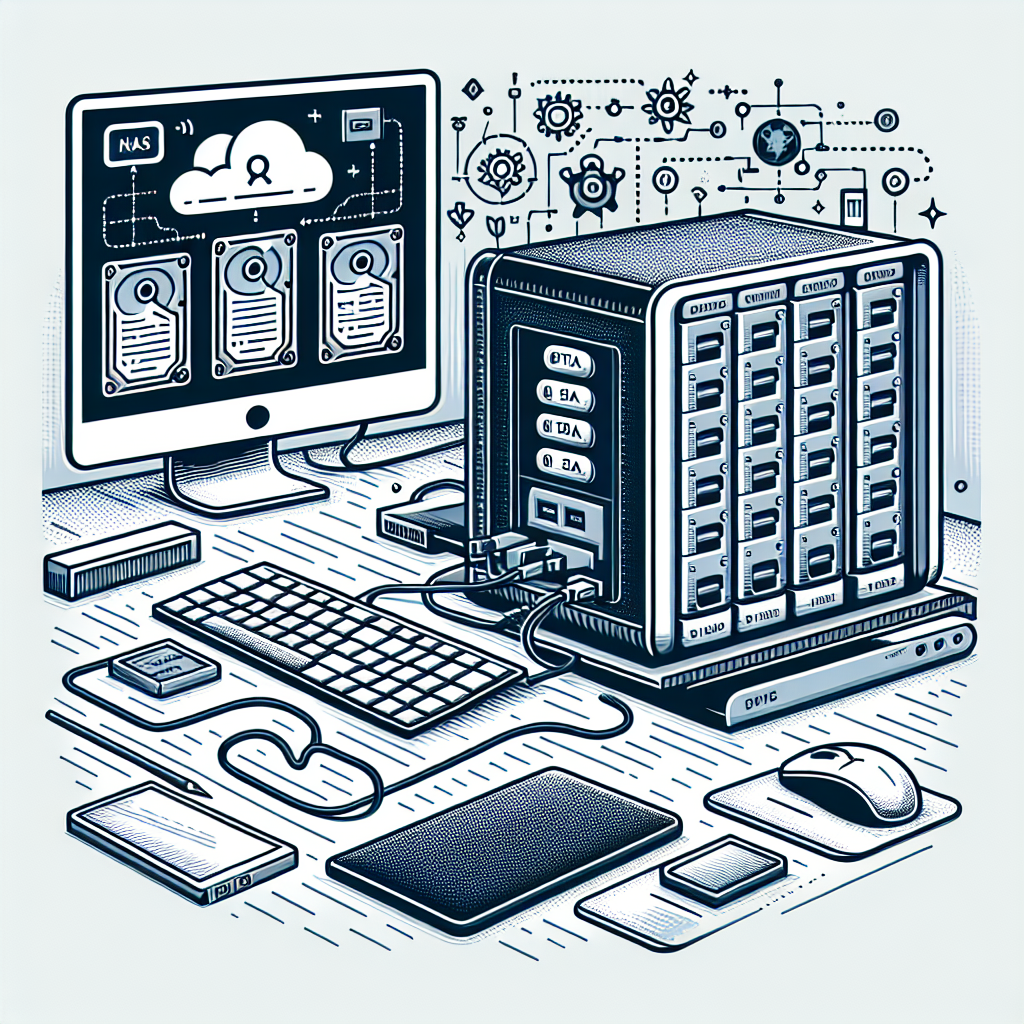Fix today. Protect forever.
Secure your devices with the #1 malware removal and protection software
Network Attached Storage (NAS) is a type of storage device that connects to a network and provides centralized data storage for multiple users or devices. It is a convenient and cost-effective solution for individuals and small businesses looking to store and access their data in a secure and efficient manner. In this beginner’s guide to NAS, we will explore the basics of NAS, its benefits, and how to choose the right NAS device for your needs.
What is NAS?
NAS is a storage device that is connected to a network, typically through a router or switch. It allows multiple users or devices to access and store data on the device, making it a centralized storage solution. NAS devices are often equipped with multiple hard drives that can be configured in various RAID configurations for data redundancy and performance optimization.
Benefits of NAS
There are several benefits to using NAS for storage:
1. Centralized storage: NAS provides a centralized storage solution for all your data, making it easy to access and manage from multiple devices.
2. Data redundancy: NAS devices can be configured in RAID configurations to provide data redundancy, ensuring that your data remains safe even in the event of a hard drive failure.
3. Remote access: Many NAS devices come with built-in features that allow you to access your data remotely, making it easy to work from anywhere.
4. Media streaming: NAS devices can also be used to stream media files to compatible devices, such as smart TVs or media players.
Choosing the Right NAS Device
When choosing a NAS device, there are several factors to consider:
1. Storage capacity: Consider how much storage you need for your data and choose a NAS device with the appropriate capacity.
2. RAID configuration: Decide on the level of data redundancy you need and choose a NAS device that supports the desired RAID configuration.
3. Connectivity: Consider the connectivity options of the NAS device, such as Ethernet, Wi-Fi, and USB ports, to ensure compatibility with your network and devices.
4. Software features: Look for NAS devices that come with user-friendly software interfaces and features that meet your specific needs, such as remote access, backup options, and media streaming capabilities.
Overall, NAS is a versatile and convenient storage solution for individuals and small businesses looking to centralize their data storage and access it from multiple devices. By considering the factors mentioned above, you can choose the right NAS device that meets your specific needs and budget.
Fix today. Protect forever.
Secure your devices with the #1 malware removal and protection software

Leave a Reply
You must be logged in to post a comment.